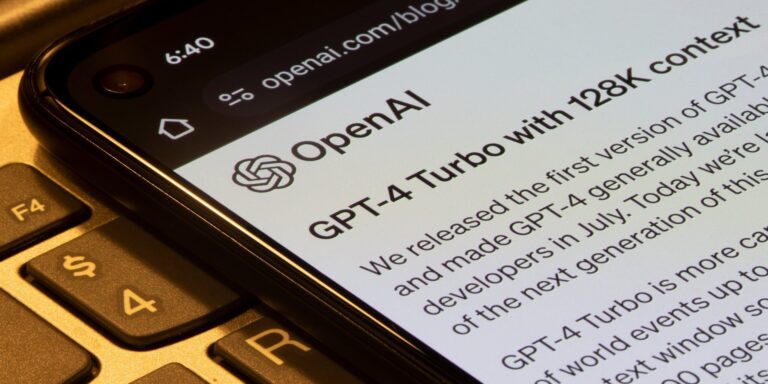Hospital Management System (HMS): AI Powered
The Hospital Management System (HMS) is an essential part of the healthcare industry. It helps in streamlining the operations of a hospital by integrating different departments, automating manual processes, and enabling better communication among staff, doctors, and patients. In recent times, the integration of AI and speech-to-text technologies has revolutionized the healthcare industry, making it more efficient, cost-effective, and patient-centric. In this case study, we will discuss the implementation of an advanced HMS system that uses AI and speech-to-text features.
Background:
The hospital, which we will refer to as ABC Hospital, is a large medical facility with over 500 beds and more than 50 departments. The hospital was facing multiple challenges related to patient management, staff communication, and overall efficiency. The hospital management realized the need for an advanced HMS system that could streamline operations, reduce manual work, and improve patient care. They decided to partner with a technology firm to develop an AI-based HMS system with speech-to-text features.
Implementation:
The first step in implementing the system was to identify the key areas that required automation. The hospital management and the technology firm worked together to identify the following areas:
- Patient Registration: The system was designed to automate the patient registration process, eliminating the need for manual data entry. Patients could register themselves using an AI-based chatbot that could interact with them in natural language. The chatbot would collect patient information, including their name, age, gender, medical history, and reason for visit.
- Appointment Booking: The system was designed to allow patients to book appointments online, reducing the waiting time and improving the patient experience. Patients could use the chatbot to schedule appointments based on their availability and the availability of the doctors.
- Medical Records: The system was designed to store all medical records in a secure and centralized database. The records could be accessed by doctors, nurses, and other staff members from any location using their credentials. The system used AI to organize the records and provide real-time insights to the medical staff.
- Prescription Management: The system was designed to automate the prescription management process. Doctors could enter the prescription details using voice commands, which would be converted to text using speech-to-text technology. The system would then generate a digital prescription that could be accessed by the patients and the pharmacy.
- Patient Monitoring: The system was designed to monitor the health status of patients in real-time using AI-based sensors. The sensors would collect vital signs such as heart rate, blood pressure, and oxygen saturation. The data would be analyzed in real-time, and alerts would be generated if any abnormality was detected.
- Staff Communication: The system was designed to enable seamless communication among staff members using an AI-based chatbot. The chatbot would provide real-time updates on patient status, test results, and other critical information, enabling better collaboration among the medical staff.
The implementation of the AI-based HMS system with speech-to-text features resulted in several benefits for the hospital, including:
Results:
- Improved Efficiency: The automation of manual processes reduced the workload on staff, enabling them to focus on more critical tasks. The system also enabled faster and more accurate data entry, reducing the risk of errors.
- Better Patient Experience: The system enabled patients to register themselves, book appointments, and access their medical records online, reducing the waiting time and improving the patient experience.
- Enhanced Patient Safety: The system enabled real-time monitoring of patients’ health status, enabling early detection of any abnormality and prompt intervention. The system also ensured accurate prescription management, reducing the risk of medication errors.
- Cost Savings: The automation of manual processes and the use of AI-based technology resulted in significant cost savings for the hospital.







